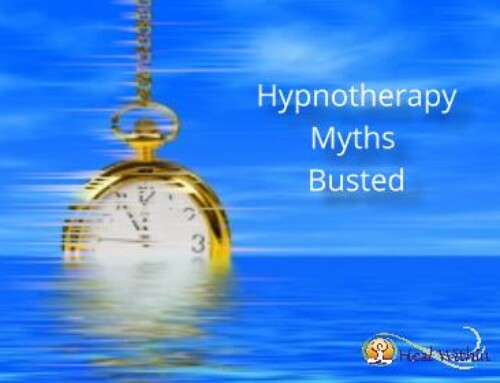Your partner apologizes and says the hurtful behavior won’t happen again — but you know and fear it will. At times you wonder whether you’re imagining or exaggerating the silent treatments, the abusive language the put downs from left field; being blamed for something you had no knowledge of control over, yet the emotional or physical pain you feel is real. If this sounds familiar, you might be experiencing domestic abuse.
Domestic abuse— also called domestic violence, battering or intimate partner violence — occurs between people in an intimate relationship. Domestic abuse can take many forms, including emotional, sexual and physical abuse and threats of abuse. Men are sometimes abused by partners, this type of abuse is most often directed toward women. Domestic abuse can happen in heterosexual or same sex relationships.
It might not be easy to identify domestic abuse at first. While some relationships are clearly abusive from the outset, abuse often starts subtly and gets worse over time. You might be experiencing domestic abuse if you’re in a relationship with someone who:
- Calls you names, insults you or puts you down
- Prevents you from going to work or school
- Stops you from seeing family members or friends
- Tries to control how you spend money, where you go, what medicines you take or what you wear
- Acts jealous or possessive or constantly accuses you of being unfaithful
- Gets angry when drinking alcohol or using drugs
- Threatens you with violence or a weapon
- Hits, kicks, shoves, slaps, chokes or otherwise hurts you, your children or your pets
- Forces you to have sex or engage in sexual acts against your will
- Blames you for his or her violent behavior or tells you that you deserve it
- Portrays the violence as mutual and consensual
If you’re lesbian, bisexual or transgender, you might also be experiencing domestic violence if you’re in a relationship with someone who:
- Threatens to tell friends, family, colleagues or community members your sexual orientation or gender identity
- Tells you that authorities won’t help a lesbian, bisexual or transgender person
- Tells you that leaving the relationship means you’re admitting that lesbian, bisexual or transgender relationships are deviant
- Says women can’t be violent
- Justifies abuse by telling you that you’re not “really” lesbian, bisexual or transgender
In our upcoming workshop on October 19th “Stop Domestic Violence and Abuse”, we will be discussing: how the cycle begins, what you need to know to break the cycle, how to create a safety plan, how protect yourself and much more.
Please attend our workshop held at HealWithin in the heart of Glendale, CA. Space is limited to 15 people, so please register by calling (818) 551-1501 or by emailing info@healwithin.com. This workshop is FREE to attend; light refreshments will be provided.






